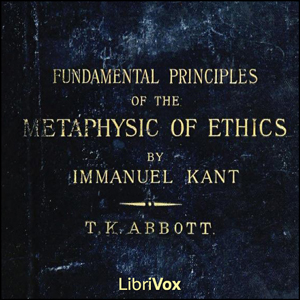- Chapter 6 - Spirit
- Chapter 6A - Objective Spirit,--The Ethical Order
- Chapter 6A-a - The Ethical World: Law Human and Divine: Man and Woman
- Chapter 6A-b - Ethical Action. Knowledge, Human and Divine. Guilt and Destiny.
- Chapter 6A-c - The Condition of Right or Legal Status
- Chapter 6B - Spirit in Self-estrangement--The Discipline of Culture
- Chapter 6B(I)a - The World of Spirit in Self-estrangement - Culture and its Sphere of Objective Reality (part 1)
- Chapter 6B(I)a - The World of Spirit in Self-estrangement - Culture and its Sphere of Objective Reality (part 2)
- Chapter 6B(I)b - Belief and Pure Insight
- Chapter 6B(II)a - The Struggle of Enlightenment with Superstition
- Chapter 6B(II)b - The True Result of Enlightenment
- Chapter 6B(III) - Absolute Freedom and Terror
- Chapter 6C - Spirit in the Condition of being Certain of Itself: Morality
- Chapter 6C-a - The Moral View of the World
- Chapter 6C-b - Dissemblance
- Chapter 6C-c - Conscience: The "Beautiful Soul": Evil and the Forgiveness of it (part 1)
- Chapter 6C-c - Conscience: The "Beautiful Soul": Evil and the Forgiveness of it (part 2)
- Chapter 7 - Religion in General
- Chapter 7A - Natural Religion
- Chapter 7A-a - God as Light
- Chapter 7A-b - Plants and Animals as Objects of Religion
- Chapter 7A-c - The Artificer
- Chapter 7B - Religion in the Form of Art
- Chapter 7B-a - The Abstract Work of Art
- Chapter 7B-b - The Living Work of Art
- Chapter 7B-c - The Spiritual Work of Art
- Chapter 7C - Revealed Religion (part 1)
- Chapter 7C - Revealed Religion (part 2)
- Chapter 8 - Absolute Knowledge
Phänomenologie des Geistes (1807) is Georg Wilhelm Friedrich Hegel's most important and widely discussed philosophical work. Hegel's first book, it describes the three-stage dialectical life of Spirit. The title can be translated as either The Phenomenology of Spirit or The Phenomenology of Mind, because the German word Geist has both meanings. Phenomenology was the basis of Hegel's later philosophy and marked a significant development in German idealism after Kant. Focusing on topics in metaphysics, epistemology, physics, ethics, history, religion, perception, consciousness, and political philosophy, The Phenomenology is where Hegel develops his concepts of dialectic (including the Master-slave dialectic), absolute idealism, ethical life, and Aufhebung. The book had a profound effect in Western philosophy, and "has been praised and blamed for the development of existentialism, communism, fascism, death of God theology, and historicist nihilism."
Note, this is the second volume of two.
(Wikipedia)
There are no reviews for this eBook.
There are no comments for this eBook.
You must log in to post a comment.
Log in











